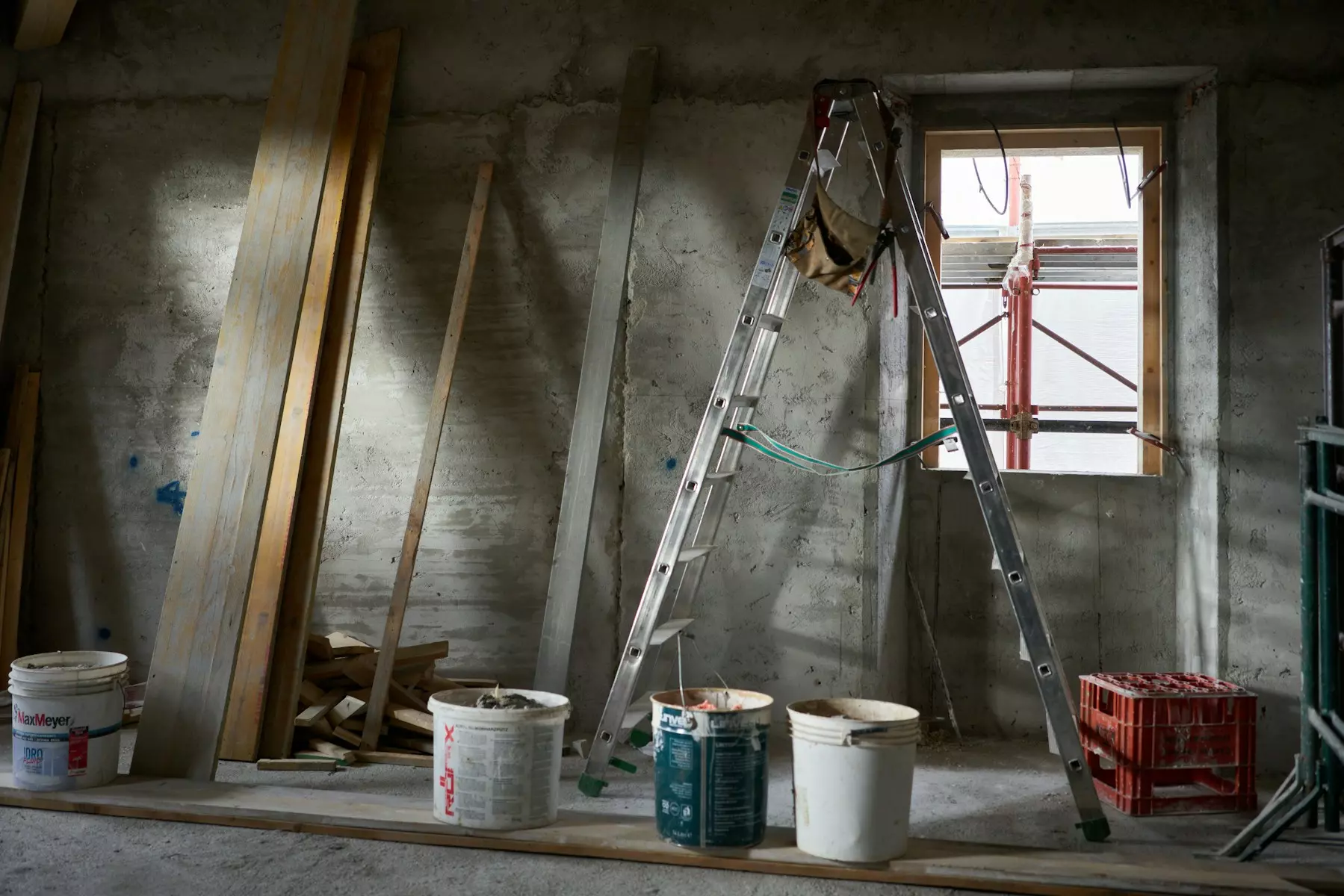Greece’s ambitious Renovate-to-Rent program has captured unprecedented attention from property owners across the country, with applications flooding in at rates that have exceeded all government projections. This innovative housing initiative represents a strategic response to Greece’s ongoing rental market challenges, offering property owners substantial incentives to renovate vacant or underutilized properties and make them available for long-term rentals.
Get 50% OFF!
Subscribe to our newsletter and enjoy a 50% discount on all listing packages, no strings attached!

Greece’s Renovate-to-Rent Program Sees High Demand
The Greek government’s latest housing initiative has struck a chord with property owners nationwide, generating extraordinary interest that signals a potential transformation in the country’s rental landscape. Launched as part of a comprehensive strategy to address housing shortages, the program offers substantial financial incentives for property renovation coupled with guaranteed rental income streams. The overwhelming response demonstrates both the acute need for rental housing solutions and property owners’ eagerness to participate in government-backed schemes.
Market analysts point to several factors driving this exceptional demand, including Greece’s recovering economy, increased tourism pressure on housing stock, and growing urbanization trends. The program’s structure addresses multiple market inefficiencies simultaneously, creating a win-win scenario for property owners seeking renovation funding and tenants desperately searching for affordable housing options. Early indicators suggest this initiative could become a model for other European Union countries facing similar housing challenges.
15,000 Applications Flood New Housing Initiative
Within just months of its launch, the Renovate-to-Rent program has received an astounding 15,000 applications from property owners across Greece, far surpassing initial government estimates of 8,000-10,000 applications for the first year. This remarkable response has prompted program administrators to expedite processing procedures and consider expanding available funding to accommodate the unprecedented demand. The geographic distribution of applications shows strong participation from both urban centers like Athens and Thessaloniki, as well as smaller municipalities seeking to revitalize their housing stock.
Processing these applications has become a logistical challenge that highlights the program’s unexpected success. Government officials report that approximately 60% of submitted applications meet initial eligibility criteria, with properties ranging from small apartments to larger family homes requiring various levels of renovation work. The application surge has necessitated additional staffing and streamlined approval processes to prevent delays that could discourage participation or slow program implementation across targeted regions.
Property Owners Rush to Join Rental Scheme
Property owners are demonstrating remarkable enthusiasm for the program’s comprehensive benefits package, which combines renovation grants of up to €25,000 per property with guaranteed rental income for specified periods. The scheme particularly appeals to owners of inherited properties that have remained vacant due to renovation costs or uncertain rental markets. Many participants report that the program provides the financial catalyst needed to transform neglected properties into modern, energy-efficient rental units that meet contemporary housing standards.
The rush to participate reflects broader economic trends, including property owners’ desire to generate steady income streams while contributing to housing supply solutions. Survey data indicates that 78% of applicants own properties that have been vacant for more than two years, suggesting the program is successfully targeting underutilized housing stock. Additionally, 45% of participants are first-time landlords who previously lacked the resources or confidence to enter the rental market independently.
Government Expects 50% Boost in Available Units
Government projections indicate the Renovate-to-Rent program could increase available rental units by approximately 50% in participating municipalities within the next three years. This substantial expansion would represent roughly 12,000-15,000 additional rental properties entering the market, significantly alleviating pressure on existing housing stock. Officials emphasize that these projections are based on current application trends and assume continued funding availability at present levels.
The anticipated boost in available units addresses critical housing shortages that have plagued Greek cities for several years, particularly affecting young professionals, students, and families seeking affordable accommodation. Regional development ministers report that smaller cities and island communities are experiencing particularly strong program uptake, with some areas expecting rental unit increases of 60-70%. These improvements could stimulate local economies while providing residents with improved housing options that previously required relocation to larger urban centers.
Tax Incentives Drive Record Participation Rates
The program’s attractive tax incentive structure has proven instrumental in driving record participation rates, with property owners eligible for reduced property taxes and favorable rental income treatment for up to seven years. Participants can claim renovation expenses as tax deductions while benefiting from streamlined bureaucratic processes that traditionally complicated property rental arrangements. These incentives create long-term financial advantages that extend well beyond initial renovation grants.
Tax benefits include a 50% reduction in property taxes for participating properties and preferential rates on rental income taxation during the initial contract period. Financial advisors note that these combined incentives can result in total savings of €3,000-8,000 annually for typical program participants, depending on property size and rental income levels. The tax incentive framework demonstrates the government’s commitment to creating sustainable, long-term solutions rather than temporary fixes to housing market challenges.
Greece’s Renovate-to-Rent program has clearly exceeded expectations, transforming from an experimental policy initiative into a major driver of housing market expansion. The overwhelming response from property owners, coupled with substantial government support through grants and tax incentives, positions this program as a potential game-changer for Greece’s rental housing landscape. As processing continues for the 15,000 applications received, the program’s success may well serve as a blueprint for addressing housing shortages across Europe, demonstrating how strategic government intervention can unlock private sector participation in solving critical social challenges.





Join The Discussion